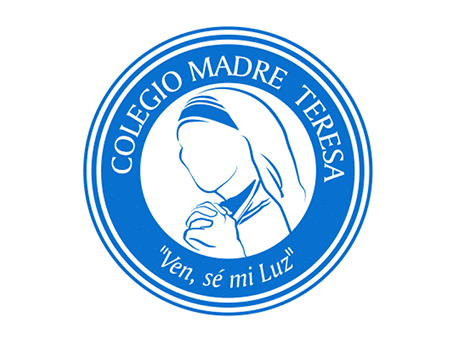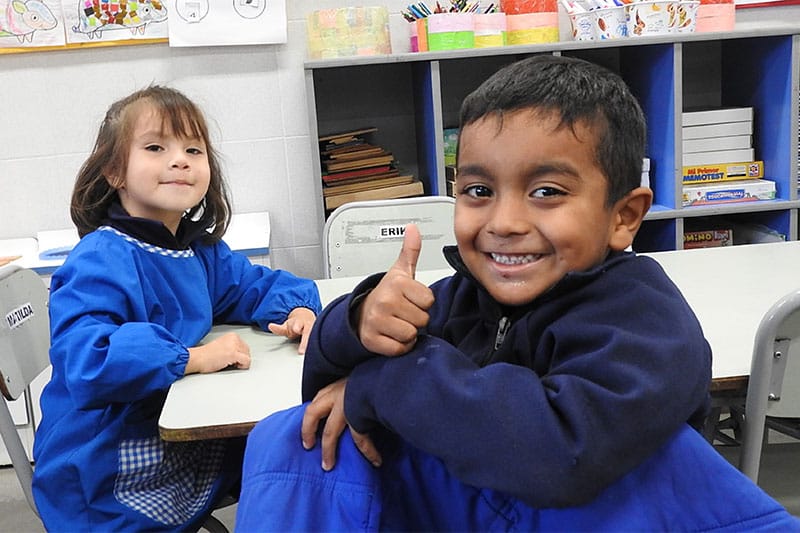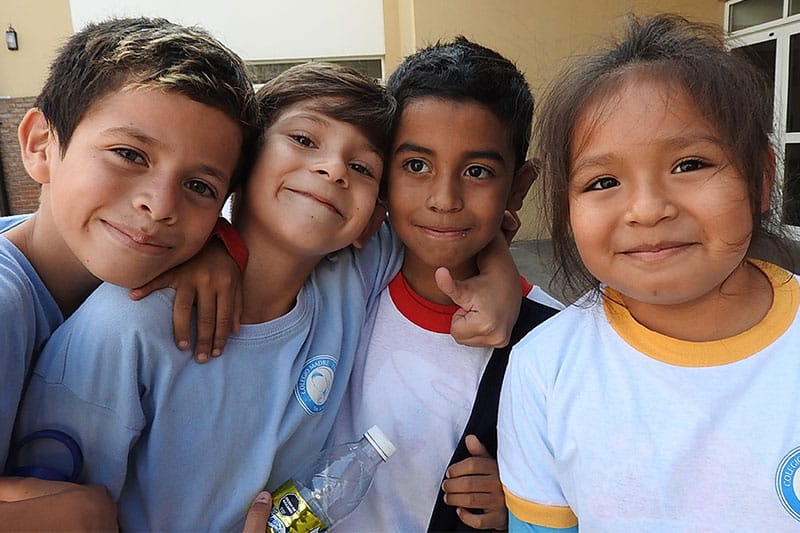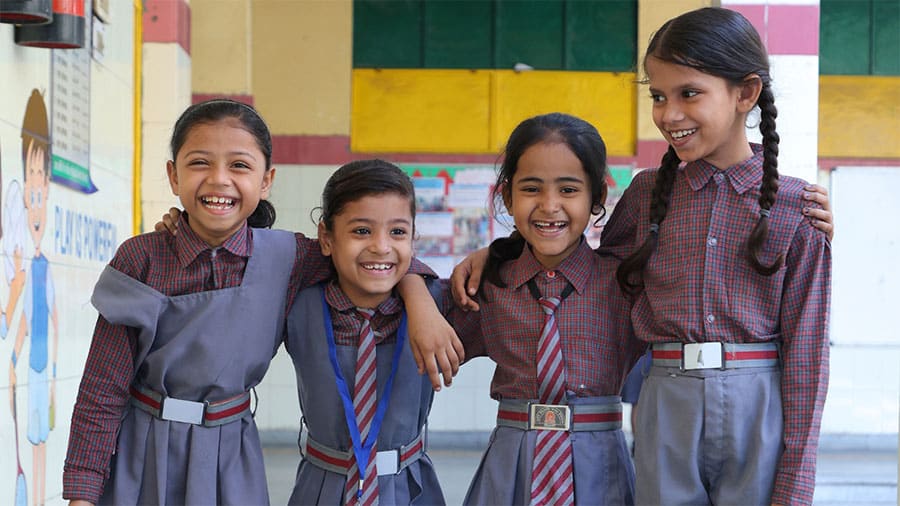Overcoming adversity - 2025 Finalist
Colegio Madre Teresa
Argentina
The Argentinian school changing lives for vulnerable students with free high-quality education for them and their families.
Colegio Madre Teresa, an independent kindergarten, primary and secondary school in San Fernando, Buenos Aires, Argentina, is changing lives for extremely vulnerable children and adolescents by providing high-quality, free education and tailored support, not just for students but also for families. Located in the suburbs of Buenos Aires, where 62% of adults have only a primary or incomplete education level, 7 out of 10 families live below the poverty line, and 53% of the adults in charge are unemployed or without formal employment, the institution is trained and specialised to provide education that targets the realities of each child, and addresses the literacy gap for families.
Each student who enters the school receives a social and educational diagnosis to assess the needs that must be addressed to guarantee success in their educational journey. From day one, families are included in the student’s personal intervention plan, with the school highlighting that it is not only the child who is enrolled but the entire family. Because every child has different needs, a specialised education is co-constructed by all stakeholders who work together as essential players in the educational success of each student. With families at the core of the school’s success, workshops are offered, not just for students, but for parents to address the lack of literacy at home. These workshops include face-to-face sessions designed and facilitated by social, educational and learning counsellors, speech therapists, teachers, librarians, and the management team to provide families with tools and knowledge to promote reading and writing and empower them to support their children's literacy process early on.
Staff wellbeing is embedded in the school's annual action plan. A professional and committed culture transforms the teaching experience, and motivation is consistently high because leadership plays a present and active role in supporting and valuing teaching staff. An ethos of care underpins everything the school does, sustained by purposeful, evidence-based work and personalised experiences, which, while demanding, are meaningful and transformative.
This comprehensive approach to the development of students has resulted in 85% of students performing at satisfactory or advanced levels in literacy, and 75% in mathematics (the average for schools with low socioeconomic status is 6%, and the average in schools with a high socioeconomic status is 40%). There is a 0% dropout rate, and more than 80% manage to continue with further studies and access the formal labour market. The student attendance rate is consistently above 80%. More than 94% of the parents invited to literacy workshops participated with great interest. From a political standpoint, the model is seen as a reference, with the Secretary of Education of Argentina stating that national education policies should replicate those of the school.
By providing education that supports the potential of students and their families, the school is debunking the notion that children in vulnerable contexts can’t learn and opening the doors to transformation.










